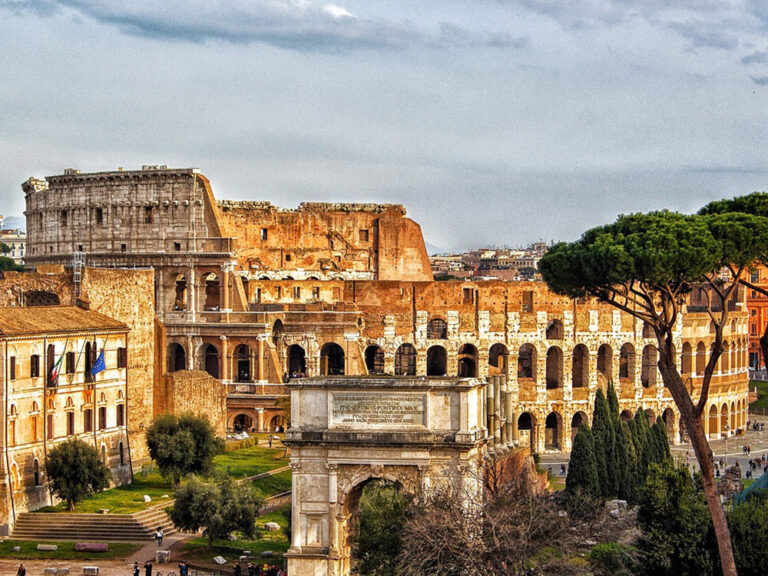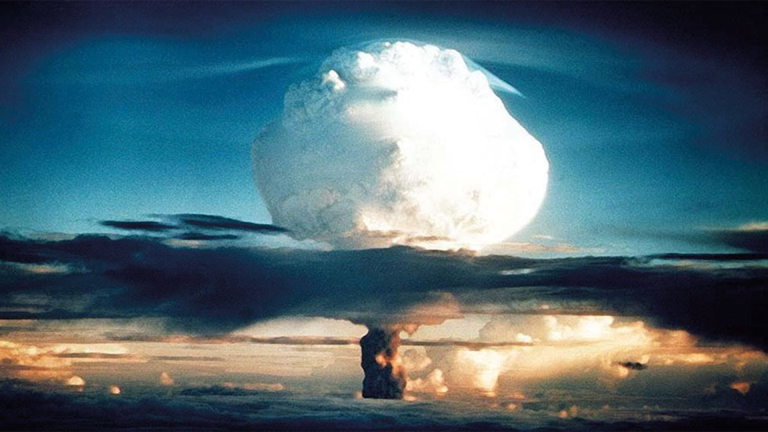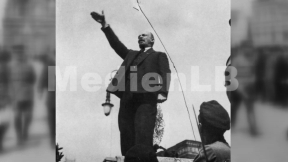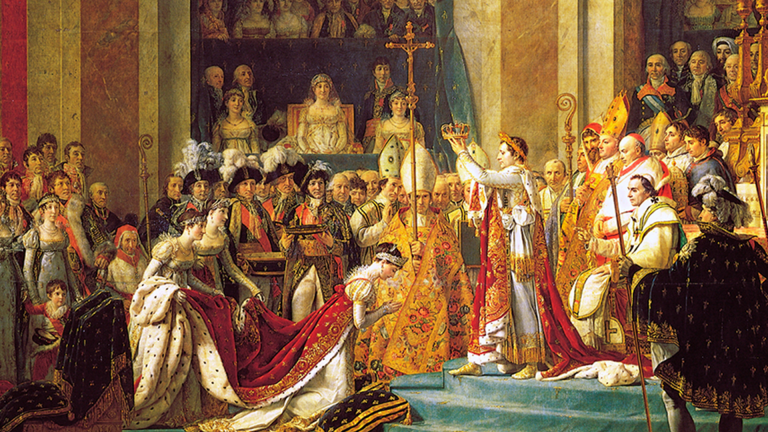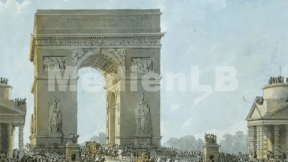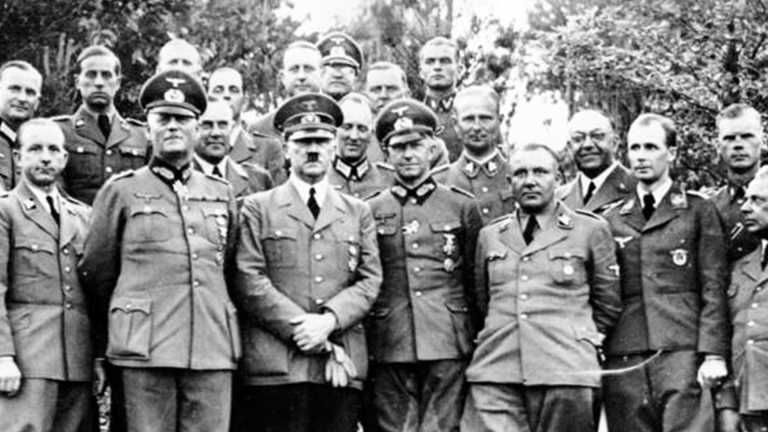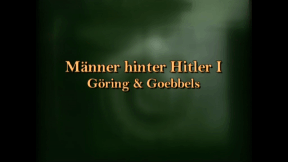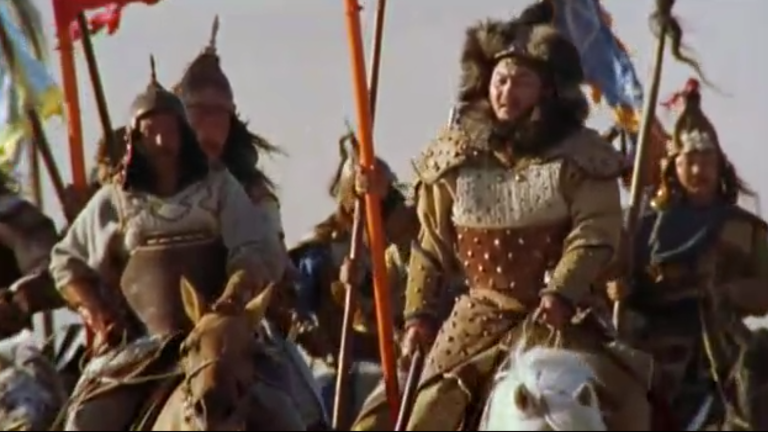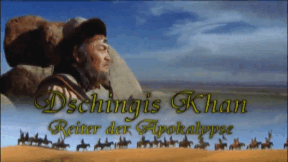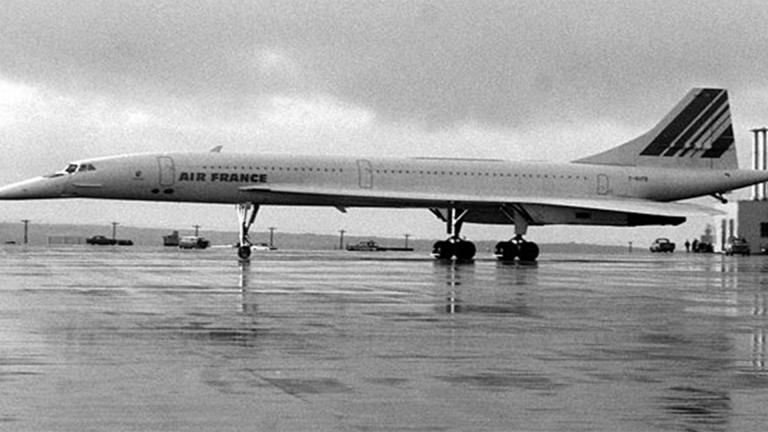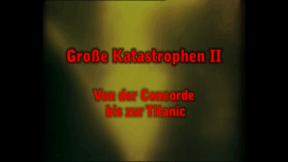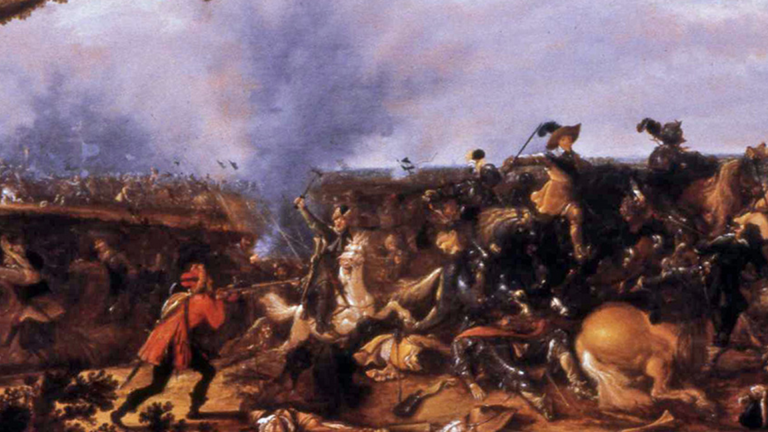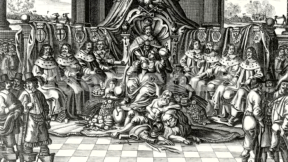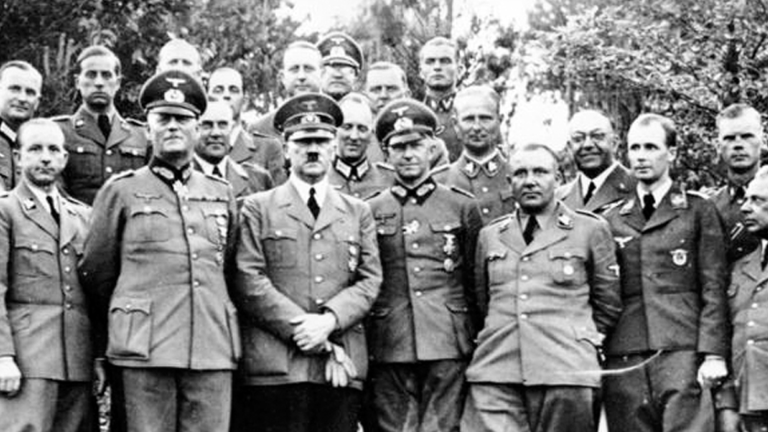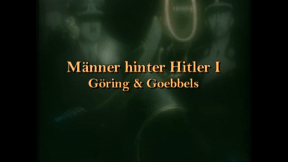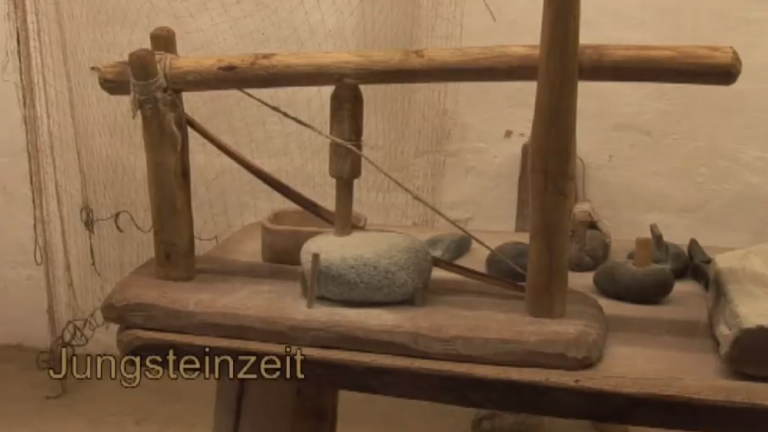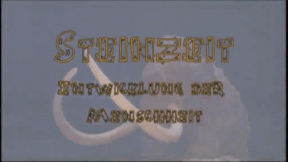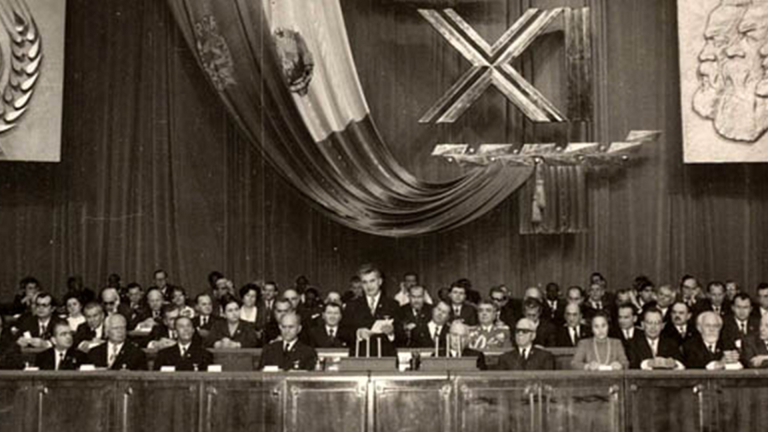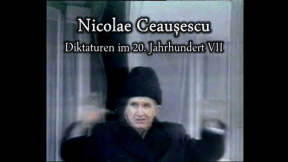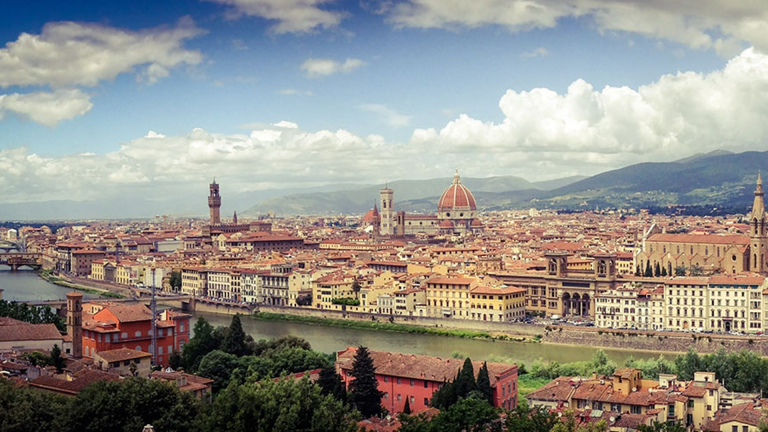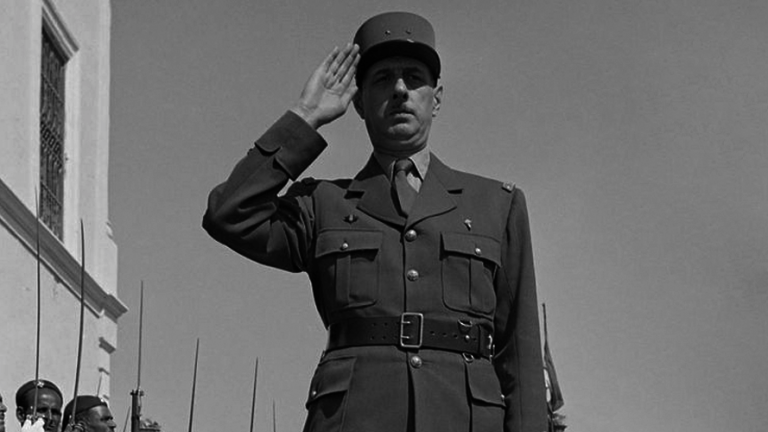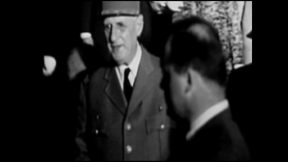Suche:
- # Artistry
- # Biology
- # Chemistry
- # Ecological
- # Economy
- # English
- # Foreign Language
- # Geography
- # German
- # Health
- # History
- # Informatik
- # Latin
- # Mathematics
- # Media Education
- # Music
- # Physics
- # Politics / Civics
- # Preschool
- # Primary School
- # Religion
- # Society
- # Sports
- # Technology
- # Training of Teachers
- # Vocational Education
Terme & Gleichungen (Kopie) (Kopie) (Kopie)
Das Medium bietet H5P-Aufgaben an, die ohne zusätzliche Software verwendbar sind. Das Medium enthält interaktive Videos und 50 H5P-Aufgaben zum Thema Terme & Gleichungen.
Industrialization (Kopie)
This DVD treats the different working and living conditions of people in the Ruhr valley around the year 1900 and refers to the thesis of the sociologist Li Fischer-Eckert. She conducted interviews with working class women on their living conditions in the workers’ housing estates in 1911 and 1912. Based on her findings, she divided the workers in four classes: The first one has a “cosy home without luxury or deprivations”, those in the second class live “on the verge of deprivation”, the poorer workers “are defeated by unfavourable conditions” and those in the fourth class live in “complete neglect”. With the kitchen-cum-living-rooms set up in the Ruhrland Museum, which are shown and described in the film in an impressive way, a direct insight is offered into the workers’ lives. Furthermore, work in heavy industry and mining, the strict reign of the employers as well as the changes in social policy and the workers’ fight for their rights are discussed.
Learn moreGenghis Khan
They appeared all of a sudden, as if from nowhere. Wild Mongol hordes on horseback overrun the Asian Steppes and Russian expanses at the beginning of the 13th century. Nobody can hold up their triumphal march. The leader of the Mongols is Genghis Khan, a merciless conqueror and visionary statesman. His myth is still topical today. The myth of Genghis Khan, the “Apocalyptic Horseman”. The film describes the development of the young Temujin to one of the greatest generals in history. Impressive pictures show the live of Genghis Khan from the cradle to the grave. By maps used systematically, his military campaigns are shown and a timeline, which is repeatedly displayed, provides the dates of the conquests. This way, pupils can gain a better understanding of the campaigns and remember the dates better. Interesting bonus material on 13th century Europe and comprehensive accompanying material invite you to cover all aspects of the topic. Thus, history lessons become an impressive experience.
Learn moreGreat Disasters II
A disaster occurs when the balance inherent in a particular phenomenon is disturbed. This may happen either because a new powerful force comes into play that triggers the disaster or because a small – even tiny – causal factor interferes in a situation with an unstable equilibrium and manages to achieve an enormous effect.
Learn moreThirty Years’ War
For thirty years war was waged in an area where Germany and Austria are located today.
Learn moreStone Age
About 2,606,000 years ago, that is 52,120 generations before us, the first and at the same time longest period of human history began - the Stone Age. The film provides an overview of life during the Palaeolithic, the Mesolithic and the Neolithic. We get to know the various decades and the typical human ways of life resulting from them. The development from nomads, who were hunters and gatherers, up to sedentary humans who lived in small village communities is vividly described. We learn that already the early Stone Age people possessed an understanding of art, buried their dead, and see the significant advancement of their weapons and tools. Terrific diagrams convey an idea of the appearance of Stone Age animals and allow us to delve into the world of our ancestors.
Learn moreDictatorships in the 20th Century VII
Nicolae Ceausescu ruled Romania for twenty-four long years and was a dictator.
Learn moreCharles de Gaulle
Charles André Marie Joseph de Gaulle was born on 22nd November 1890 to a patriotic, Catholic family in Lille. His father, Henri de Gaulle, a professor for literature and history, had a strong influence on him. Young Charles received a solid classical education from the Jesuits and Augustinians and decided upon a military career. In 1908, he was admitted to the officers’ school of Saint-Cyr, which he left in 13th place in 1912.
Learn more



